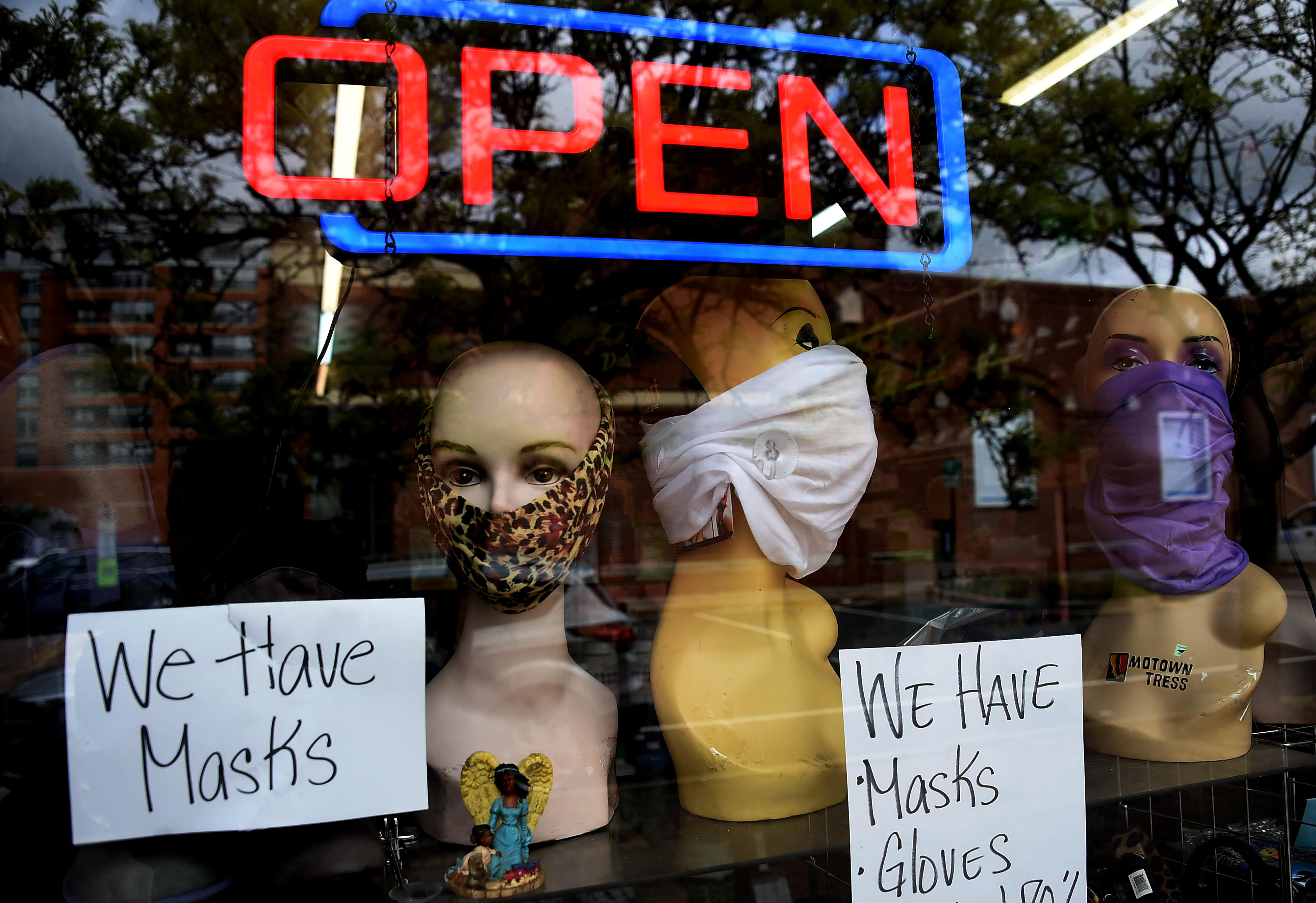Former Obama economic advisor Jason Furman told CNBC on Thursday that the U.S. government should consider mailing everyone a face covering to help slow the spread of the coronavirus.
“A fiscal stimulus plan that would have incredibly high bang for the buck would be for the government to print up masks … and mail them out to every American and tell every American to wear them,” Furman said on “Closing Bell.”
“It’s really not hard,” he said.
Furman’s comments come as policymakers in Washington debate the need for additional relief measures to get the economy back on track.
Covid-19 cases and hospitalizations are on the rise across some Southern and Western states, prompting governors in places such as Texas and Arizona to pause or rollback parts of their economic reopening.
The House and Senate this week approved a bill that would extend the deadline to apply for forgivable small business aid through a key coronavirus relief program. It’s designed to help companies keep employees on payroll during closures to slow the virus’ spread. The measure heads to President Donald Trump for his signature.
Trump also said this week that he would support another round of direct payments to Americans, claiming he wants the checks to be larger than what Democrats on Capitol Hill support. In May, Democrats in the House passed a relief bill that authorized another batch of $1,200 stimulus checks, although the legislation was a non-starter in the GOP-held Senate.
But Furman contended that there is a limit to the effectiveness of congressional stimulus efforts and interventions from the Federal Reserve as long as Covid-19 outbreaks continue to dot the country.
Jason Furman
Anjali Sundaram | CNBC
“There’s really not a lot monetary or fiscal policy can do in the face of an out-of-control virus,” said Furman, chairman of the Council of Economic Advisers in the Obama administration.
“A mask is one of the steps that can control that virus,” added Furman, who quipped the masks could say “‘Thank you Donald Trump’ on them.”
Trump, who has largely eschewed wearing a face covering in public, told Fox Business Network on Wednesday that he was “all for masks” but questioned the need for a national mandate.
House Speaker Nancy Pelosi, D-Calif., on Sunday called for the CDC to issue a mask mandate, which some state and local governments have done.
Most recently, Republican Gov. Greg Abbott ordered Thursday that people in most Texas counties wear a mask in public, following the state’s steep rise in Covid-19 cases and hospitalizations.
Public health experts say wearing a mask is a critical way to stop the spread of the coronavirus, in addition to social distancing. Face coverings can block a person’s respiratory droplets, which is how the virus is transmitted.
The recent rise in Covid-19 cases — while partly attributable to more testing — started to bubble up after states lifted the stay-at-home orders and nonessential business closures that were initially implemented to limit the transmission of the virus. Some governors and local officials have since put restrictions back in place, but they have largely been more narrow, focusing on high-risk settings such as bars and nightclubs or closing beaches ahead of the Fourth of July weekend.
Many fear that a second round of widespread business closures would result in economic damage even more difficult to overcome than what has already been experienced. Despite nearly 5 million jobs added in June, the U.S. unemployment rate still stands at 11.1%, higher than any point during the Great Recession.
A national mask mandate could spare the U.S. economy a 5% GDP hit because it could prevent further lockdowns, according to an analysis from Goldman Sachs.
Furman, currently a professor at Harvard University, accurately predicted in early April that the U.S. economy would see a swift return in economic activity as business restrictions were eased. But he has also consistently argued for Washington to keep afloat some of the pandemic fiscal support measures.
“It’s really important that we continue action,” Furman said Thursday. “We had an extraordinary amount of support. Over the last two months, over $1 trillion went out. That was more than any given year in the financial crisis.”

